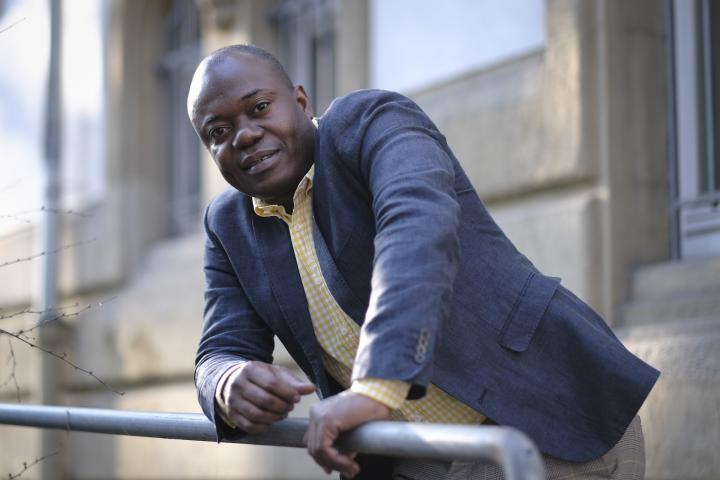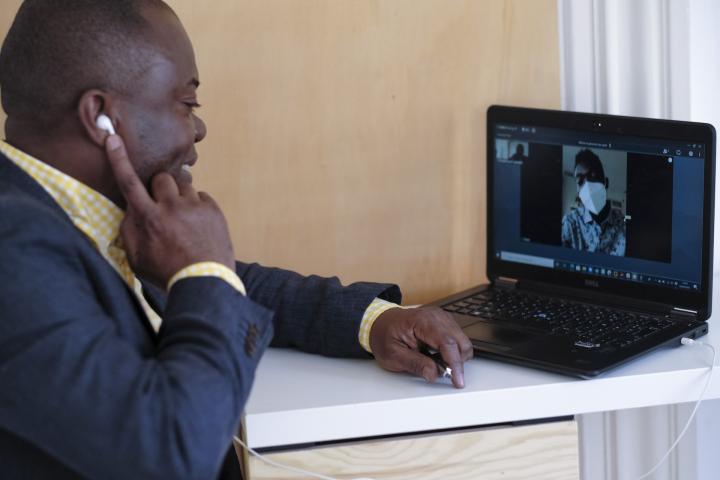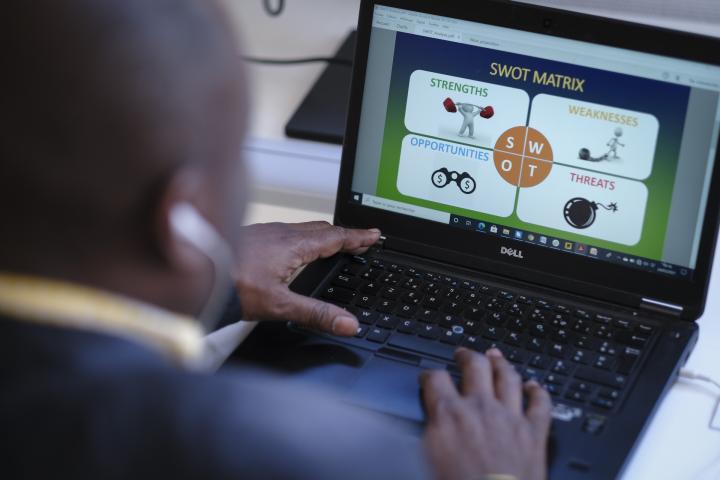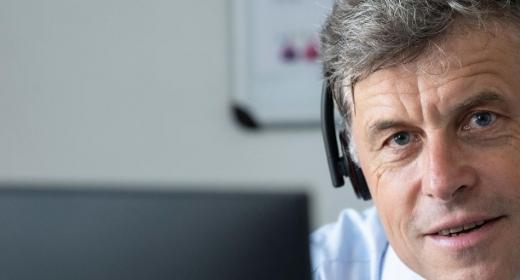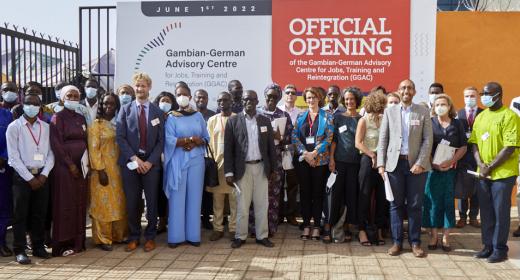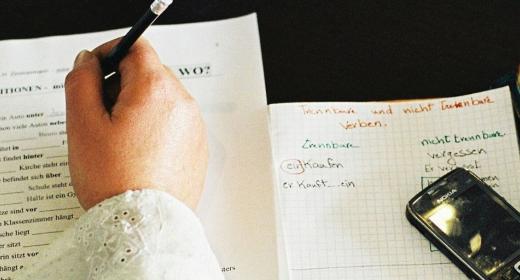Coach Gildas Bagné, who works for Social Impact’s StartHope@Home project, helps returnees develop a business idea and a business plan for a fresh start in their country of origin. He plans each coaching individually to achieve maximum impact.
You offer valuable support for people willing to leave Germany. How do they find out about you?
They can come on their own account, or they are referred to us either by their return counsellor, an NGO, a volunteer or other institutions involved in return programmes.
What happens when they first get in touch with you?
We start with an interview, in which I want to find out where the person comes from and where he or she wants to go. Once a participation agreement is signed, I start the profiling process, which is an individual assessment of the person: his or her professional background, personal history as well as expectations and skills. Then we find a common goal and design a qualification plan.

